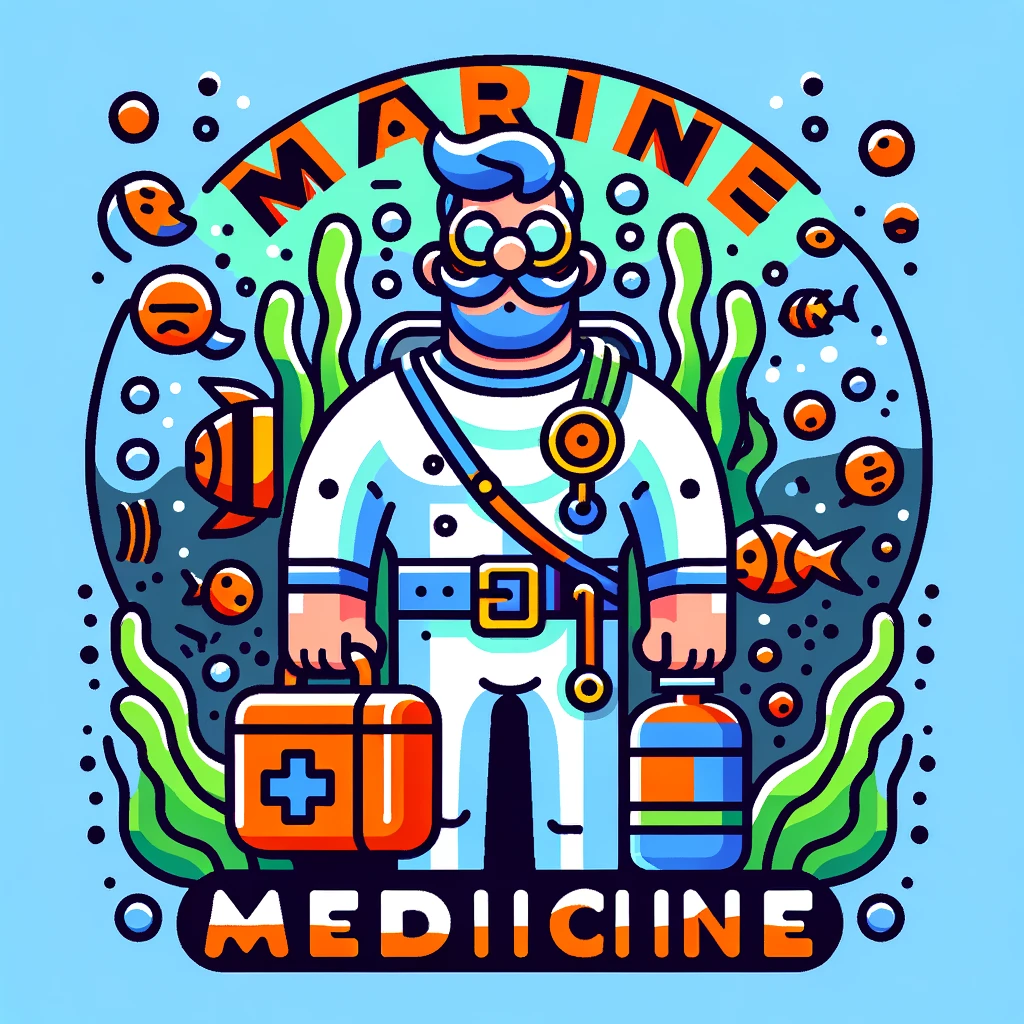Dive into the cutting-edge intersection of marine medicine and technology as we explore how bioinformatics and experimental validation unveil biomarkers linked to drug resistance in lung cancer treatment.
– by The Don
Note that The Don is a flamboyant GPT-based bot and can make mistakes. Consider checking important information (e.g. using the DOI) before completely relying on it.
Bioinformatics and Experimental Validation for Identifying Biomarkers Associated with AMG510 (Sotorasib) Resistance in KRASG12C-Mutated Lung Adenocarcinoma.
Lin et al., Int J Mol Sci 2024
<!– DOI: 10.3390/ijms25031555 //–>
https://doi.org/10.3390/ijms25031555
Listen, folks, we’ve got a situation with lung cancer, okay? The KRASG12C mutation – it’s a big deal in lung adenocarcinoma. It’s bad news, really bad. But we had this drug, AMG510, Sotorasib, and it was doing great things, tremendous things – until it wasn’t. Resistance started showing up, and that’s not what we want.
We’ve got some smart people, the best people, and they’ve been looking into this. They’ve been digging through data, using all these fancy techniques – GSVA, GSEA, you name it – to figure out what’s going on. They’re building models, predicting stuff, and let me tell you, they’re finding out a lot about what’s driving this resistance.
They even built these resistant cancer cells in the lab to test things out. And they found some key players, believe me. We’re talking about SLC2A1, TLE1, you know, important stuff. These molecules, they’re messing with the pathways, the environment around the tumor. It’s complicated, but it’s important.
And the immune system, it’s getting tricked by these cancer cells. They’re not fighting like they should. It’s all connected to this PDL1 thing – it’s a big part of the problem. We’ve got to keep looking into this, find new ways to fight back. We’re going to do it, we’re going to find better treatments. We’re going to make cancer treatment great again, you’ll see.
